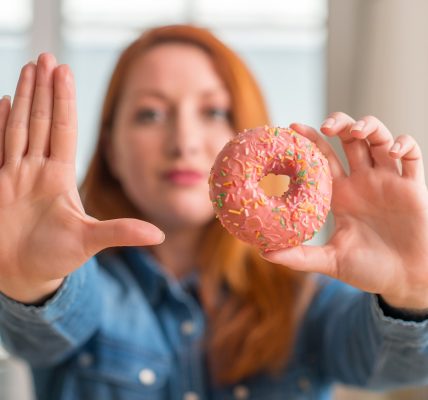Breakthrough Study on GLP-1 Agonist Drugs Used to Treat Addiction

There has been a great deal of anecdotal evidence for the use of GLP-1 agonist drugs to treat opioid and alcohol addiction. First prescribed for the treatment of type 2 diabetes, drugs such as Ozempic and Wegovy can also be prescribed for obesity. Patients taking GLP-1 agonist drugs have self-reported less craving for food, alcohol, drugs, tobacco, and other substances, as well as a reduction in compulsive gambling and shopping.
Now a major research report has been released proving the relationship between GLP-1 agonists and addiction treatment across a broad population of more than 500,000 U.S. adults with a history of opioid use disorder (OUD) and 800,000 U.S. adults with a history of alcohol use disorder (AUD) out of a total of 10 million patients tracked for eight years from 2014 through 2022.
Despite the uniquely American handicap of not having a single-payer healthcare system, coupled with HIPPA regulations that prevent the sharing of medical histories, the Oracle Center for Real-World Data is able to use artificial intelligence (AI) to anonymize data, then gather the clean data and reassemble it into amazingly useful intelligence based on enormous sample sizes.
The Oracle Center for Real-World Data worked with a trio of researchers from the Parkinson School of Health Sciences and Public Health at Loyola University Chicago, to report the analysis of GLP-1 agonist drugs in the journal Addiction. The conclusion was a “statistically significant reduction” in the rate of opioid overdose or binge drinking in people taking the GLP-1 agonist drugs, whether or not they were being treated for diabetes or obesity.
The findings were summarized this week in TIME by senior health correspondent, Alice Park:
Those with opioid-use disorders who received any of these drugs showed a 40% lower incidence of opioid overdose during the study period compared to those not getting the medications, while people with alcohol-use disorders receiving the prescriptions showed a 50% lower incidence of intoxication compared to those who didn’t take them.
The correlation is stunning and can be expected to launch a gold rush of drug development in reformulating GLP-1 agonists specifically for AUD and OUD, and generally for other addictions and compulsive behaviors.
Unfortunately, the Parkinson School study does not untangle how GLP-1 agonist drugs work. Do they cause patients to become nauseous when faced with any substance, food or beverage? Do they reduce the anxiety typically caused by cues and triggers for behavior? Are GLP-1 agonist drugs a brain drug, a gut drug, or some very complex combination?
The answers to these questions should become the focus of intense investigations in the months to come.
Written by Steve O’Keefe. First published October 28, 2024.
Sources:
“The association between glucose-dependent insulinotropic polypeptide and/or glucagon-like peptide-1 receptor agonist prescriptions and substance-related outcomes in patients with opioid and alcohol use disorders: A real-world data analysis,” Addiction, October 16, 2024.
“Weight-Loss Drugs May Help Alcohol and Opioid Addiction,” TIME, October 22, 2024.
Image courtesy Wiley Online Library, used under Fair Use: Commentary.




